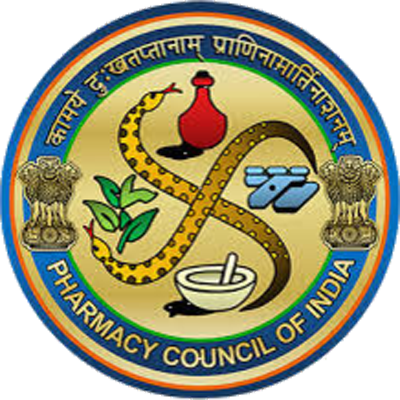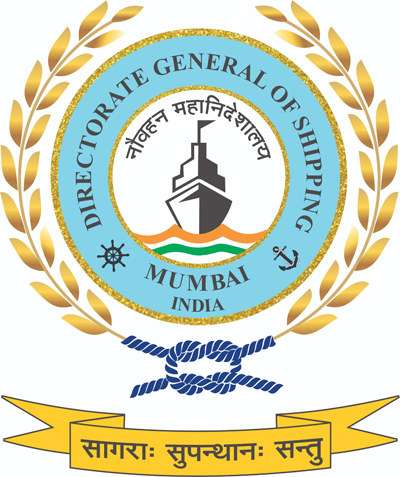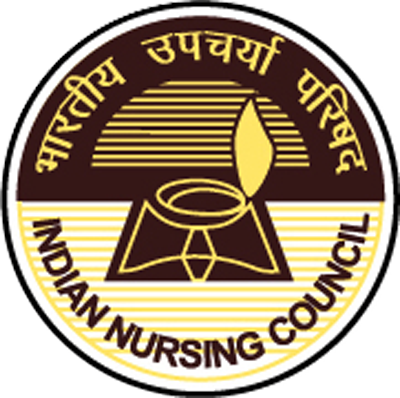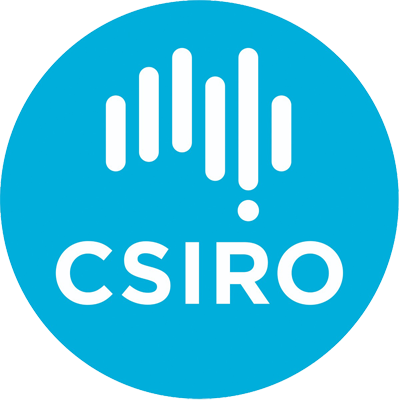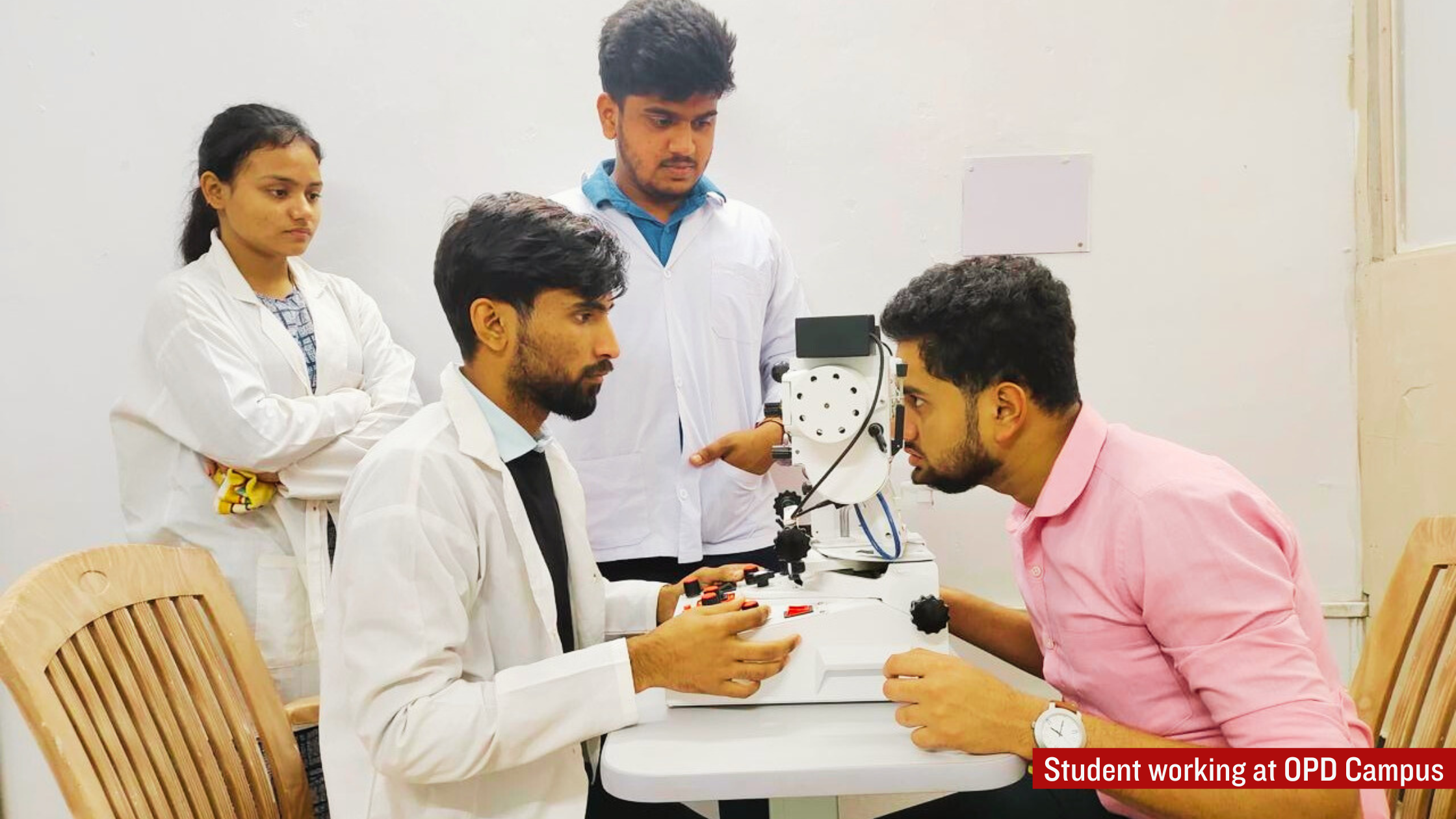Optometry is a field with promising career prospects, especially for those who pursue advanced degrees like a Master of Optometry. Here are some career prospects you can explore with a Master of Optometry:
1. **Clinical Optometrist**: Many optometrists work in clinical settings, providing primary eye care services such as vision testing, prescribing eyeglasses, and contact lenses, diagnosing and treating eye diseases, and managing conditions like glaucoma, macular degeneration, and diabetic retinopathy.
2. **Specialized Practice**: With a master’s degree, you can specialize in various areas such as pediatric optometry, geriatric optometry, sports vision, low vision rehabilitation, or ocular disease management. These specializations may require additional training or certifications.
3. **Research and Academia**: A Master of Optometry can open up opportunities in research institutions or academic settings, where you can research to advance the understanding of eye diseases, vision correction techniques, or develop new treatments. You might also teach optometry students in universities or colleges.
4. **Consulting**: Some optometrists with advanced degrees work as consultants for eyewear companies, pharmaceutical companies, or healthcare organizations. They may provide expertise in product development, marketing strategies, or clinical trials.
5. **Hospital-Based Optometry**: Many hospitals have optometry departments where optometrists provide specialized eye care services, work alongside ophthalmologists in surgical cases, or manage patients with complex eye conditions.
6. **Public Health**: Optometrists can contribute to public health initiatives by providing vision screenings in schools, participating in community outreach programs, or working with government agencies to develop policies related to eye care and vision health.
7. **Private Practice Ownership**: With a Master of Optometry, you may choose to establish your private optometry practice, where you have the flexibility to set your hours, choose your patient base, and offer specialized services tailored to your interests.
8. **International Opportunities**: Optometrists are in demand worldwide, and your master’s degree could open doors to opportunities in countries with shortages of eye care professionals or where optometric education and practices are developing.
Overall, a Master of Optometry provides a strong foundation for a rewarding career in various sectors of eye care, offering opportunities for professional growth, specialization, and making a positive impact on people’s lives through improved vision and eye health.





